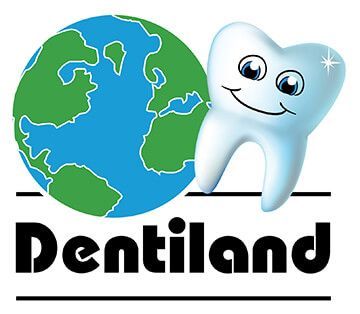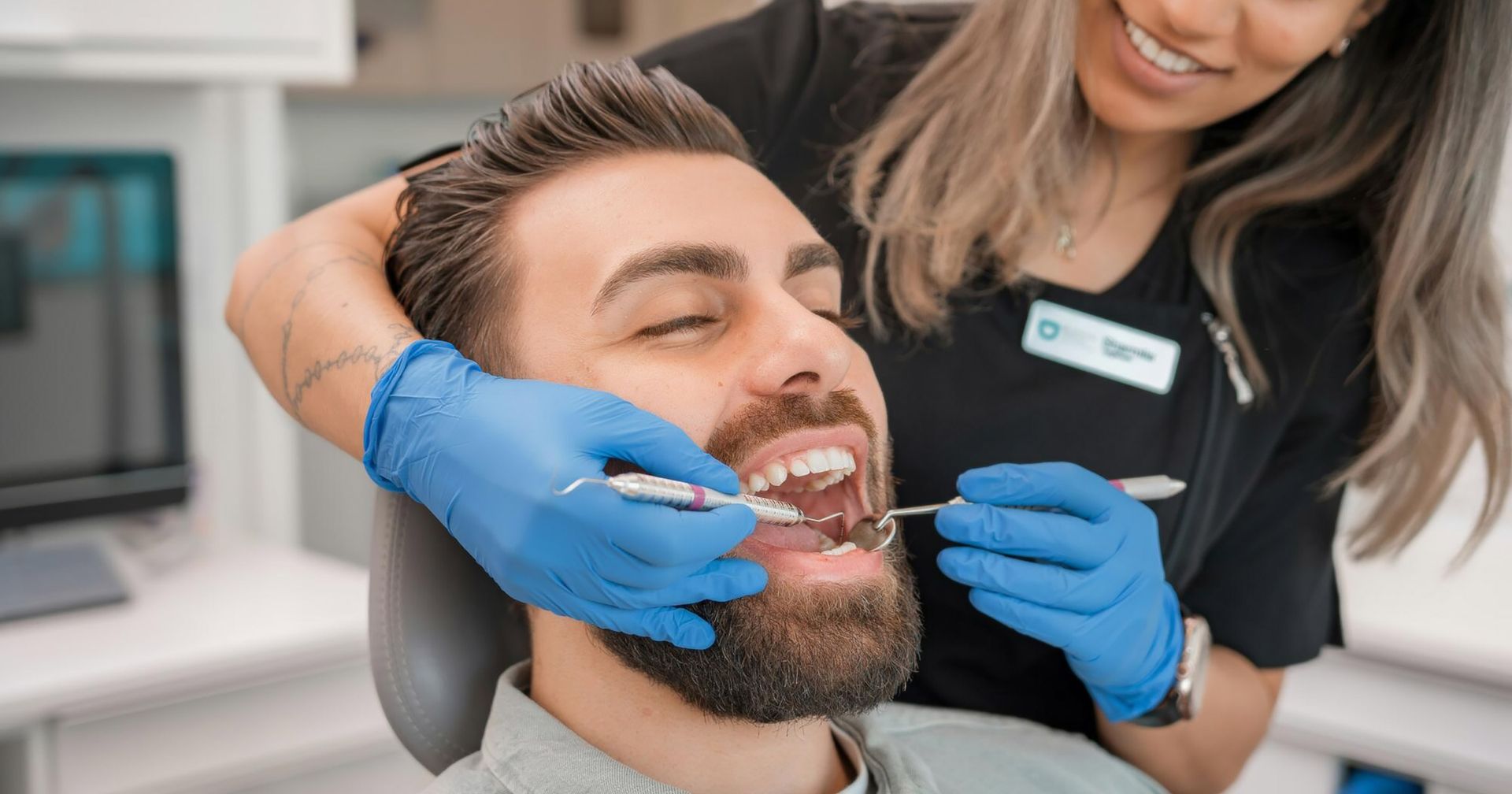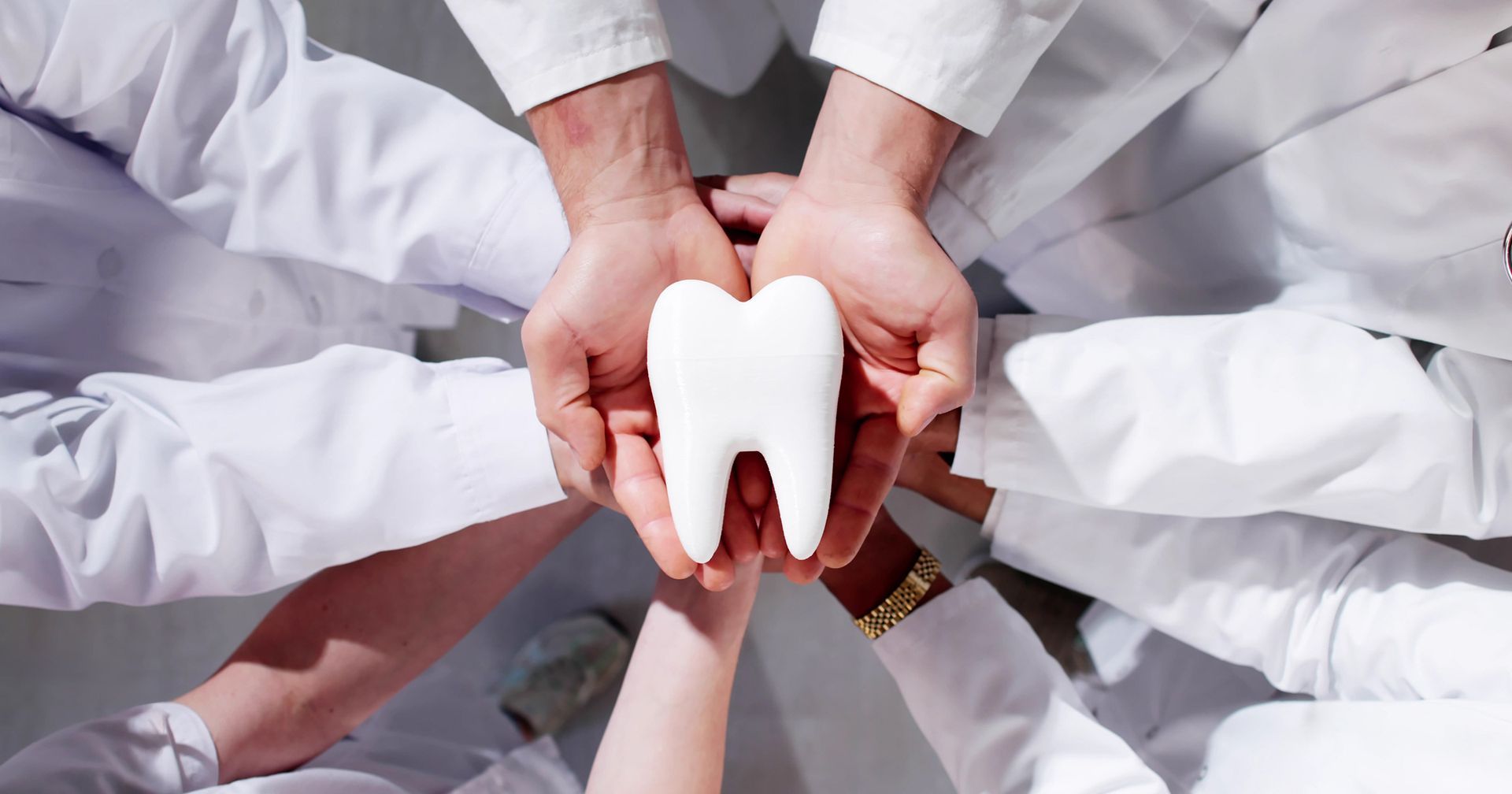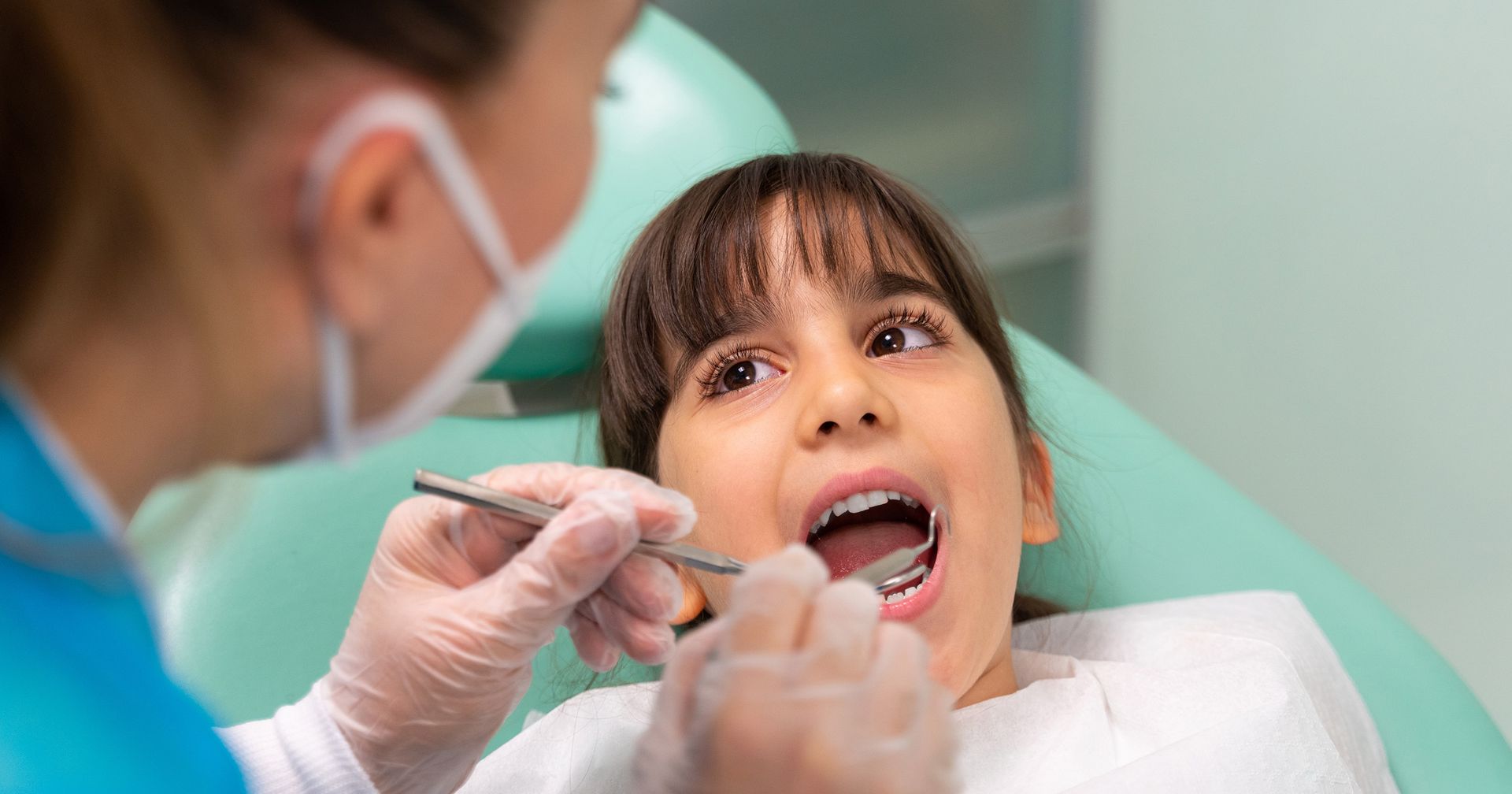7 Questions to Ask Your Dentist Before Getting Braces
Are you considering getting braces in the near future? Ask your dentist these 7 questions before making the final decision.
Braces are not just for teenagers anymore and are becoming increasingly more common in adults. With new technology and advancements, there are more discreet and comfortable options available.
Whether you're concerned about the aesthetics of crooked and crowded teeth or suffering from the symptoms of a misaligned bite, braces can make you smile again.
But getting braces is not a quick fix and there are a few important things that you should know before starting treatment. Here are 7 questions to ask your dentist about getting braces.
1. What are the Benefits of Braces?
It's important to understand how you will benefit from getting braces. There are a couple of important advantages of braces which depend on the oral issues you are experiencing.
Most obviously, braces will fix crooked teeth which not only helps to improve self-confidence but improves the functionality of your teeth, too. While aesthetics is one of the main reasons your dentist may recommend braces, there are other reasons, too.
Straight teeth are easier to keep clean and free of decay and gum disease. Crooked teeth may impair your chewing and braces can resolve this. Additionally, braces will help to correct overbites, underbites, and crossbites that put a strain on your gums and jaw muscles.
There are many benefits of orthodontic treatment that will improve your overall oral health and hygiene.
2. Why Should I Get Braces?
Are you unsure whether you need braces or why you should get braces? Of course, if you are unhappy with your teeth and feel self-conscious about crooked teeth or your bite, your dentist will suggest braces.
You may also have started losing your baby teeth early which leaves open gaps. In this case, it's best to get braces before the asynchronous tooth loss causes crooked or displaced teeth.
If you're experiencing jaw pain or mouth breathing it may be caused by misalignment. You might find that this leads to your jaw clicking or frequently biting your cheeks when eating. In many cases, this can be corrected by braces.
Even if your teeth aren't crooked, you might be a good candidate for braces and it's important to talk this through with your dentist.
3. Which Type of Braces is Best for Me?
Before getting braces it's good to know what your options are. There are a few different options and you and your orthodontist can discuss the best one for you.
These days, there are more options available than the standard metal braces. While these are the most affordable, they are also the most obvious and the best for complex dental issues.
You can choose clear bracket braces which work the same as metal braces but have the benefit of being less noticeable.
A popular modern option is Invisalign. This is popular because it doesn't use brackets or wires and so it's not only a much more comfortable option, but it's also discreet. However, it's not an option for everyone as aligners need to be worn for most of the day.
4. Is it Painful to Get Braces?
"Does it hurt to get braces?" This is one of the most common questions that our dentists hear from patients. You may feel some pressure while the braces are put onto your teeth, but there is no pain involved in the actual procedure, which takes between one to two hours.
Once the brackets are applied to your teeth using glue, they are connected with wires and secured in place with elastic bands — none of this hurts.
However, post-procedure you will feel some pain, discomfort, and sensitivity in your teeth and gums. This lasts between one to two weeks as you begin to adapt and settle into your braces. The pressure from the rubber bands will take some time to get used to but overall it does not involve a lot of pain.
5. How Long Will I Need to Have Braces?
You'll probably be dreaming about getting braces off before you've even had them put on! Unfortunately, braces are not a quick-fix solution and require a long-term commitment to do the job properly.
The length of your treatment very much depends on your case, so it's important to ask your dentist this question. On average, the length of treatment is around 22 months.
Straightforward cases may only take a year to correct, while complex bite corrections can take up to 3 years.
This might sound intimidating, but once you get your braces off, you'll have the confident and perfect smile you've always dreamed of.
6. What Lifestyle Changes Will I Need to Make?
It's important to know how having braces will affect your daily life and if there are any new measures to take and adjustments to make.
Firstly, there are some foods that you should avoid while you have braces. Your dentist will walk you through these but they include sticky foods that will get stuck in your braces and hard foods that can break or bend brackets and wires. Popcorn kernels, caramel, and ice are examples of these.
You'll need to approach your dental hygiene with care, making sure to clean your teeth and gums properly as keeping braces clean is crucial.
7. How Frequent are Follow-Up Visits?
Once your braces are fitted, the job is not done. Follow-up visits are a must for all people with braces in order to monitor progress and make adjustments. The frequency of your visits, however, will depend on your treatment plan and the type of braces.
For example, people with traditional braces should visit their dentist once a month while those undergoing Invisalign treatment will likely go for follow-ups every six weeks.
Are You Ready to Talk About Getting Braces?
If you're thinking about getting braces don't hesitate to talk to your dentist and ask all the important questions on your mind. There are so many advantages and benefits to getting braces, but it's also a long-term commitment that you should fully understand before undergoing treatment.
If you're ready to talk about getting braces, visit Dentiland in Tijuana, Mexico. Our friendly, expert team is more than happy to answer any questions you may have and will provide the best treatment option for you.
Contact us online or give us a call to schedule an appointment.













